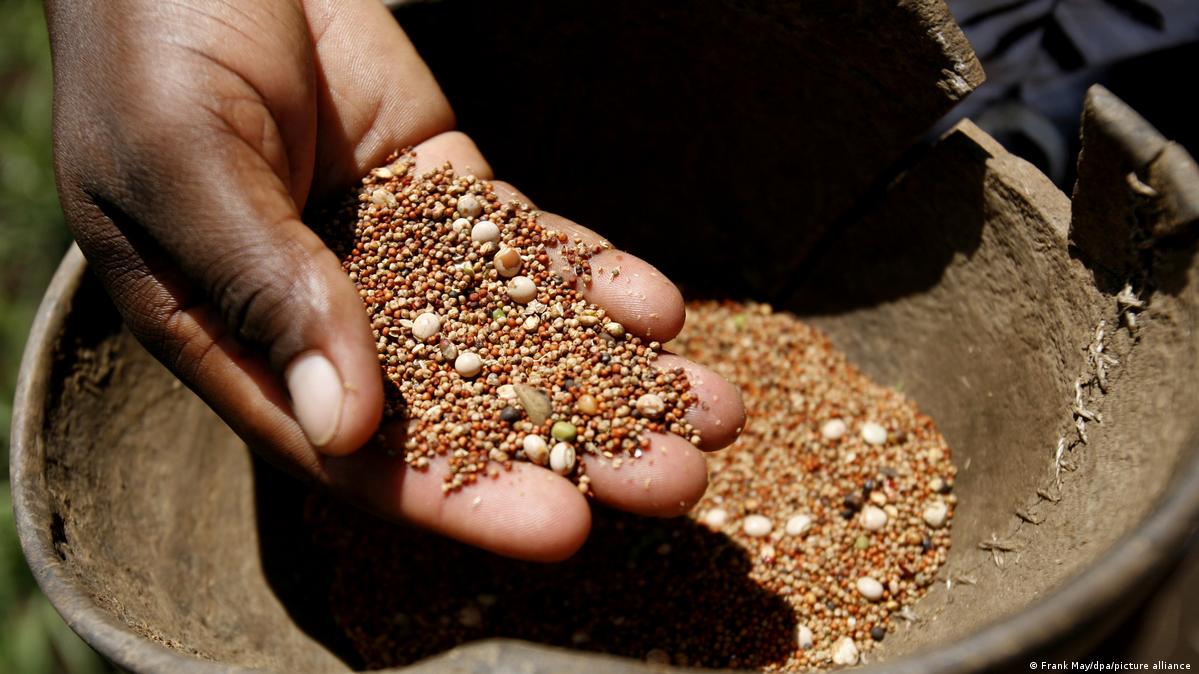
Seed Systems and Climate Change: Exploring Perceptions and Options for Building Resilience of Farmer Seed Systems in Uganda
Given the challenges facing agriculture resulting from change, building resilience is a priority. Seed systems are an important area for enhancing such resilience as seed security has direct links to food security, and resilient livelihoods in general. This study used data from a nationally representative sample to assess farmer perceptions of climate change, its effects on livelihoods and seed systems, and options for enhancing resilience of their seed systems.
Drought or irregular rains were considered the most important climate factor affecting crop production and farmer seed systems. Effect of climate change on seed system was perceived in relation to the diminishing levels in quantity and quality of yield. The type of seed grown by farmers were mainly local or recycled varieties which they perceived to combine attributes of adaptability to climate, high yield and marketability, and these were generally supplied by the informal sector. Farmers’ access to different sources of seed also played an important role in the type of variety they used. Identification and promotion of crop varieties suited for different rainfall zones, and broadening seed production and supply of resilient varieties through farmer seed entrepreneurs are proposed as key actions for enhancing resilience of farmer seed systems.
